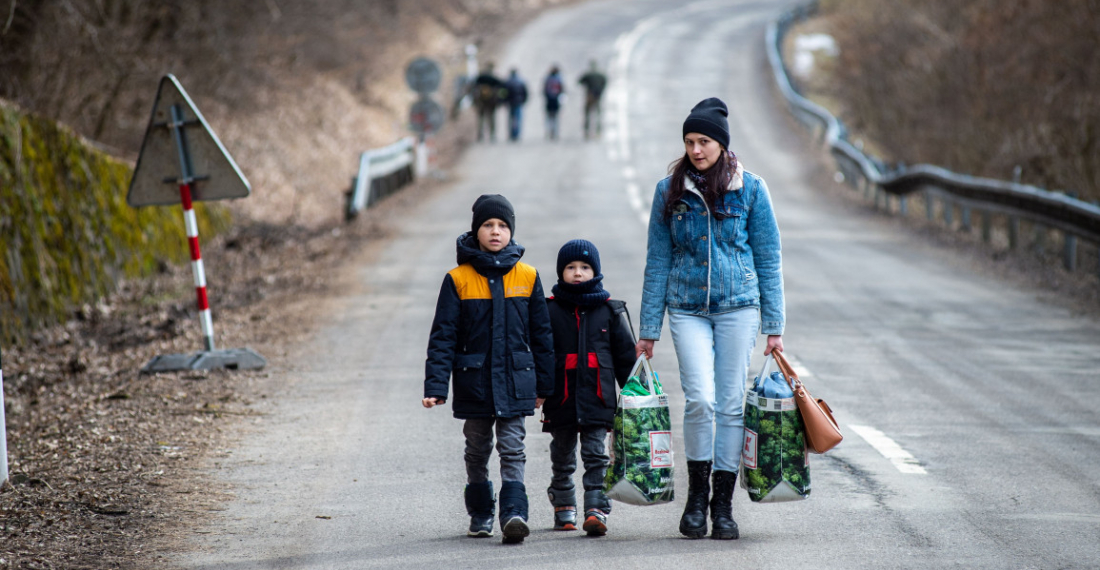- Armenia-Azerbaijan Strategic Expert Platform: Members emphasise the importance of the present moment for the South Caucasus and call for the momentum to be used for the long-term peace and prosperity of the region
- Thursday Interview: Dr. Anar Valiyev
- Food insecurity in Somalia has nearly doubled in the past year
- Türkiye evaluating potential measures in case of a US-Iran conflict
- European Parliament reaffirms support for Ukraine and EU Path
- EU moves ahead with Ukraine loan preparations despite Hungarian block
UN: More than 100 million displaced people worldwide

Worldwide, more than 100 million people are displaced due conflicts, violence and human rights violations for the first time on record. This was announced by the UN refugee organisation UNHCR on Monday (23 May).
By the end of last year, this figure had already reached 90 million people. The war in Ukraine and flare-ups of violence in countries like Ethiopia, Burkina Faso, Myanmar, Nigeria, Afghanistan, and Congo have caused the number to rise even further. New waves of violence and conflict have recently brought the figure to a "bizarre milestone", according to the UN.
The total number of people fleeing has been boosted by the Russian invasion of Ukraine. The war has caused some eight million Ukrainians to be displaced. According to the UN, at least six million refugees have left the country.








